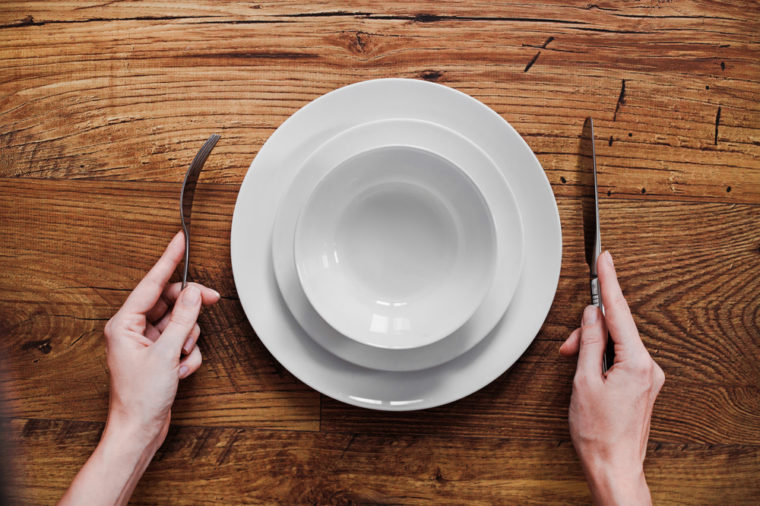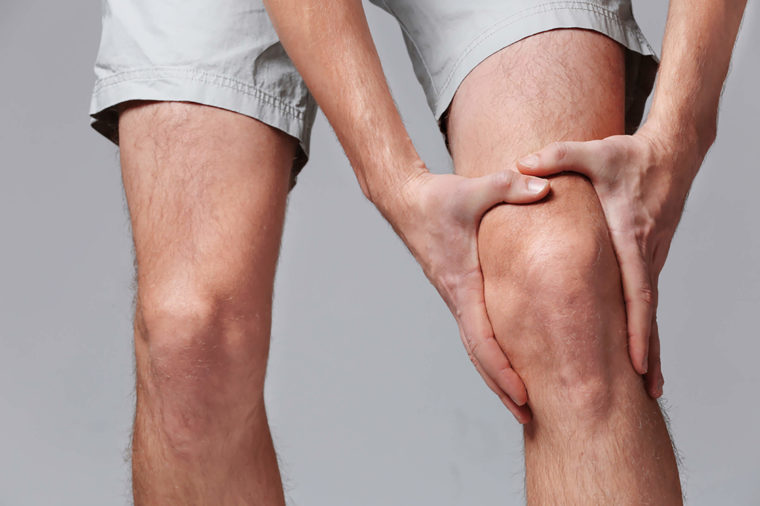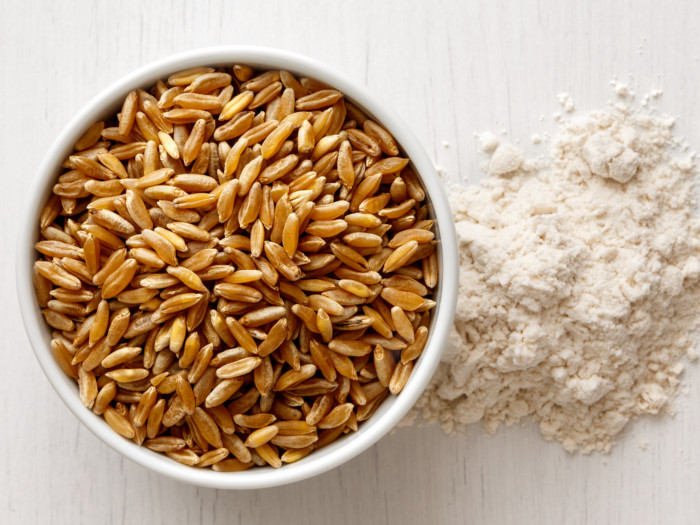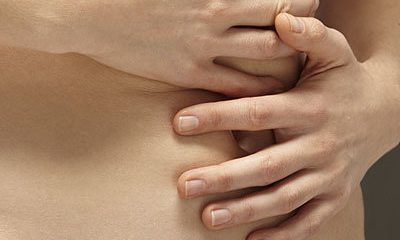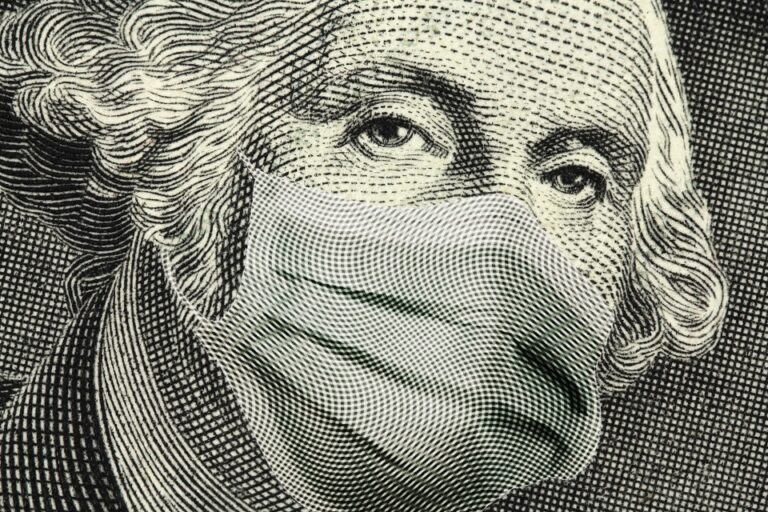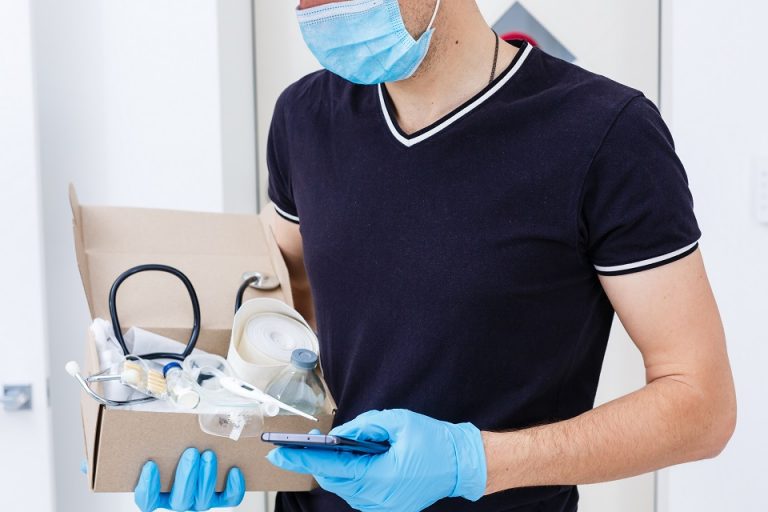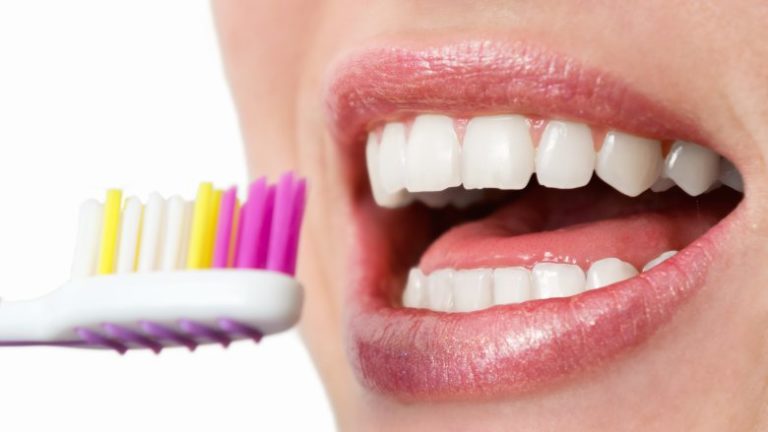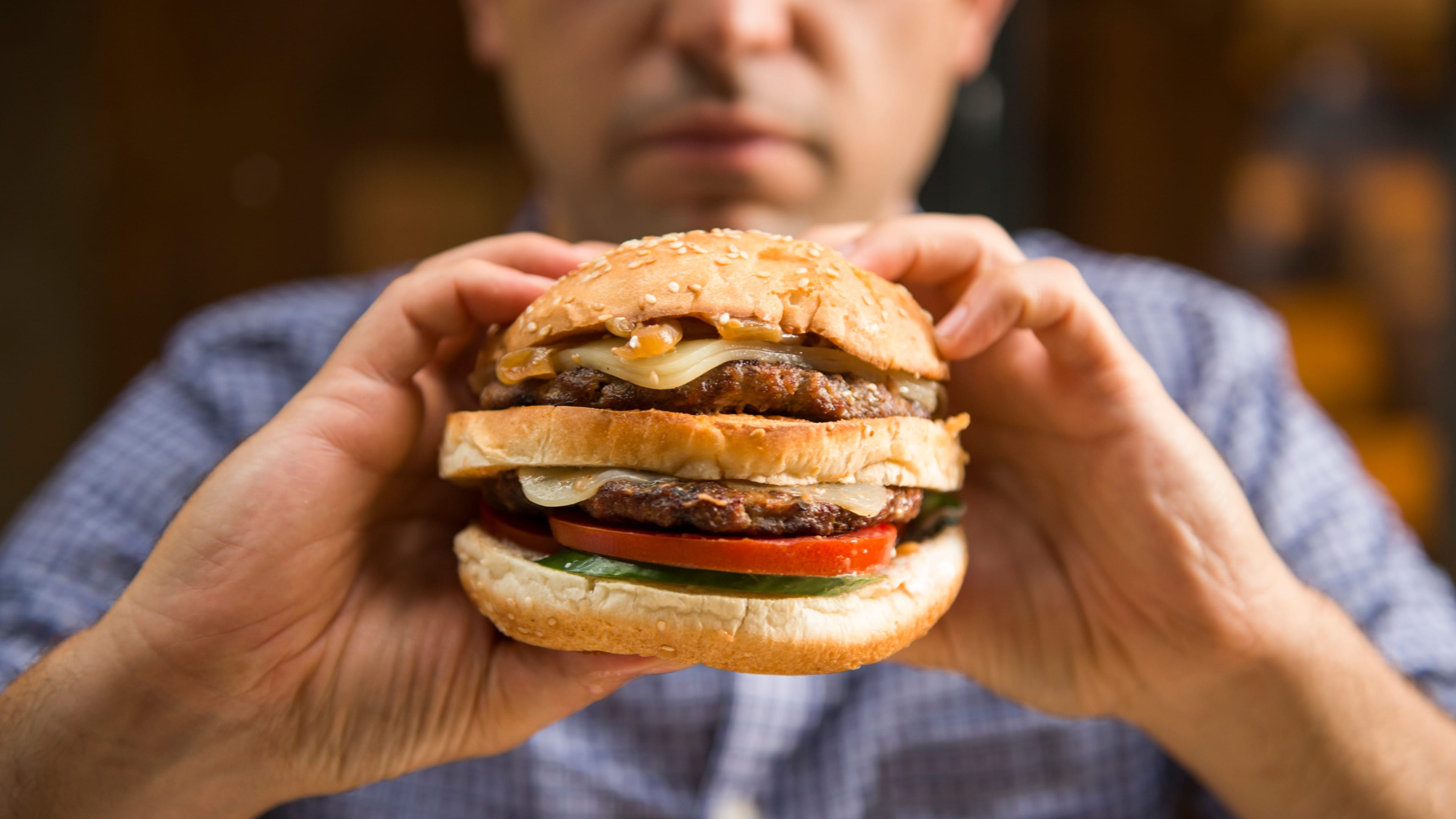
High cholesterol
The stroke risk: Excess cholesterol — a fatty, waxy substance that travels through the blood — can build up on artery walls to form deposits called plaque. Plaque can narrow blood vessels and create obstructions, but can also burst and send clots through the blood to the brain.
LDL (“bad”) cholesterol, which makes up most of the body’s cholesterol, is especially prone to build plaque.
HDL cholesterol gathers up bad cholesterol and ushers it to the liver, which excretes it from the body, so it’s good to have higher levels of HDL.
Reduce it: Get cholesterol checked at least every five years if you don’t have other cardiovascular risks — more often if you do.
As with high blood pressure, you can’t feel high cholesterol, so it’s important to have your cholesterol counts monitored.
Taking charge of other risk factors through healthy eating habits and physical activity will help bring cholesterol to healthier levels as well.
If you have an unhealthy balance of LDL and HDL, your doctor may also recommend taking medications such as statins to lower cholesterol — and bring down your risk of stroke.





